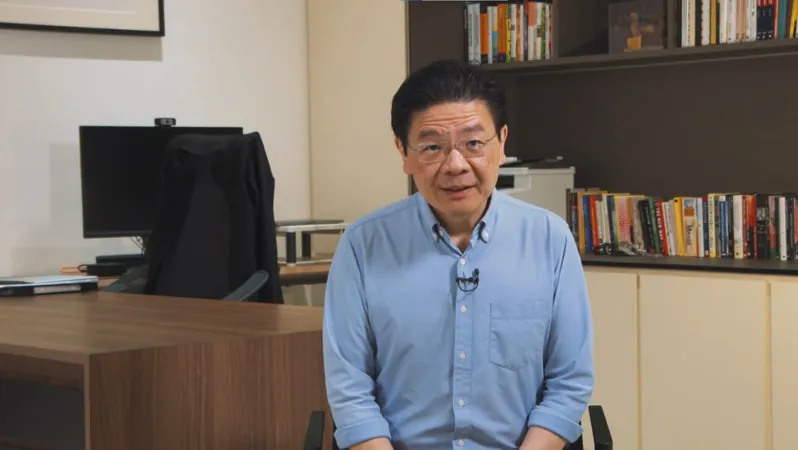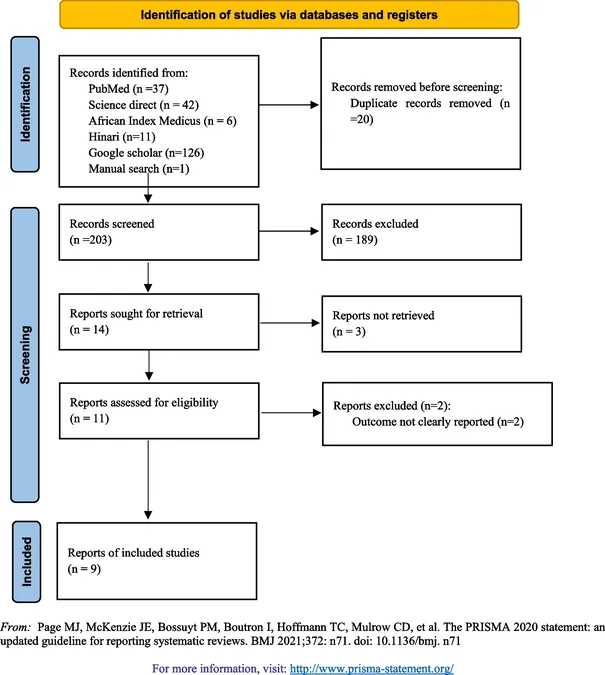
Singapore Faces Economic Turbulence as US Tariffs Trigger Global Uncertainty
2025-04-04
Author: Li
SINGAPORE: In a stark warning, Prime Minister Lawrence Wong declared that Singapore must prepare itself for potential economic shocks, stating that the global stability of the past is unlikely to return in the near future. This message was delivered via a YouTube video on Friday, just two days after the United States implemented sweeping new tariffs affecting almost all its trading partners.
Wong emphasized the urgent need for Singaporeans to remain vigilant and not fall into a false sense of security. He noted that the international landscape has drastically shifted, describing the possibility of a full-blown global trade war as increasingly likely. The PM iterated, "We cannot expect that the rules which protected small states will still hold," stressing the importance of mental preparedness in this unpredictable environment.
The new tariffs have prompted retaliatory responses from multiple nations, raising concerns that this could lead to a cycle of protectionism that ultimately harms global trade. Wong remarked that as institutions weaken and international norms erode, nations may resort to self-interested actions that disregard collaborative trade agreements—a stark departure from the past decades when the US led the promotion of free trade within a multilateral trading system.
Singapore, which currently faces a relatively low tariff rate of 10%, is somewhat insulated for now; however, the PM warned of the broader implications if other countries follow suit, potentially marginalizing smaller economies like Singapore. Drawing parallels to the trade conflicts of the 1930s that escalated into World War II, he cautioned, "We risk being squeezed out, marginalized, and left behind."
Deputy Prime Minister Gan Kim Yong echoed Wong's sentiments, noting that Singapore’s economic forecast would need reassessment as the impending changes signal "rough waters" for households and businesses alike. He assured citizens that the government would consider additional measures to support them through these turbulent times.
Senior Minister Lee Hsien Loong also commented on the potential impact, stating that growth prospects would be affected, albeit it is currently unclear to what extent. Local businesses and trade associations are bracing for higher operational costs as global supply chains are disrupted by these aggressive tariff adjustments.
Moreover, analysts warn of a broader concern: the possibility of a recession in the US, which could lead to ripple effects across the global economy. As Singapore navigates this precarious situation, the importance of solidarity and strategic partnerships with allied nations has never been more critical.
With a world increasingly veering toward protectionism, Singapore stands at a crossroads, where resilience and adaptability will determine its ability to thrive amid uncertainty. Will the nation rise to the occasion, or will it be swept away in the tides of a global economic storm? Only time will tell.




 Brasil (PT)
Brasil (PT)
 Canada (EN)
Canada (EN)
 Chile (ES)
Chile (ES)
 Česko (CS)
Česko (CS)
 대한민국 (KO)
대한민국 (KO)
 España (ES)
España (ES)
 France (FR)
France (FR)
 Hong Kong (EN)
Hong Kong (EN)
 Italia (IT)
Italia (IT)
 日本 (JA)
日本 (JA)
 Magyarország (HU)
Magyarország (HU)
 Norge (NO)
Norge (NO)
 Polska (PL)
Polska (PL)
 Schweiz (DE)
Schweiz (DE)
 Singapore (EN)
Singapore (EN)
 Sverige (SV)
Sverige (SV)
 Suomi (FI)
Suomi (FI)
 Türkiye (TR)
Türkiye (TR)
 الإمارات العربية المتحدة (AR)
الإمارات العربية المتحدة (AR)